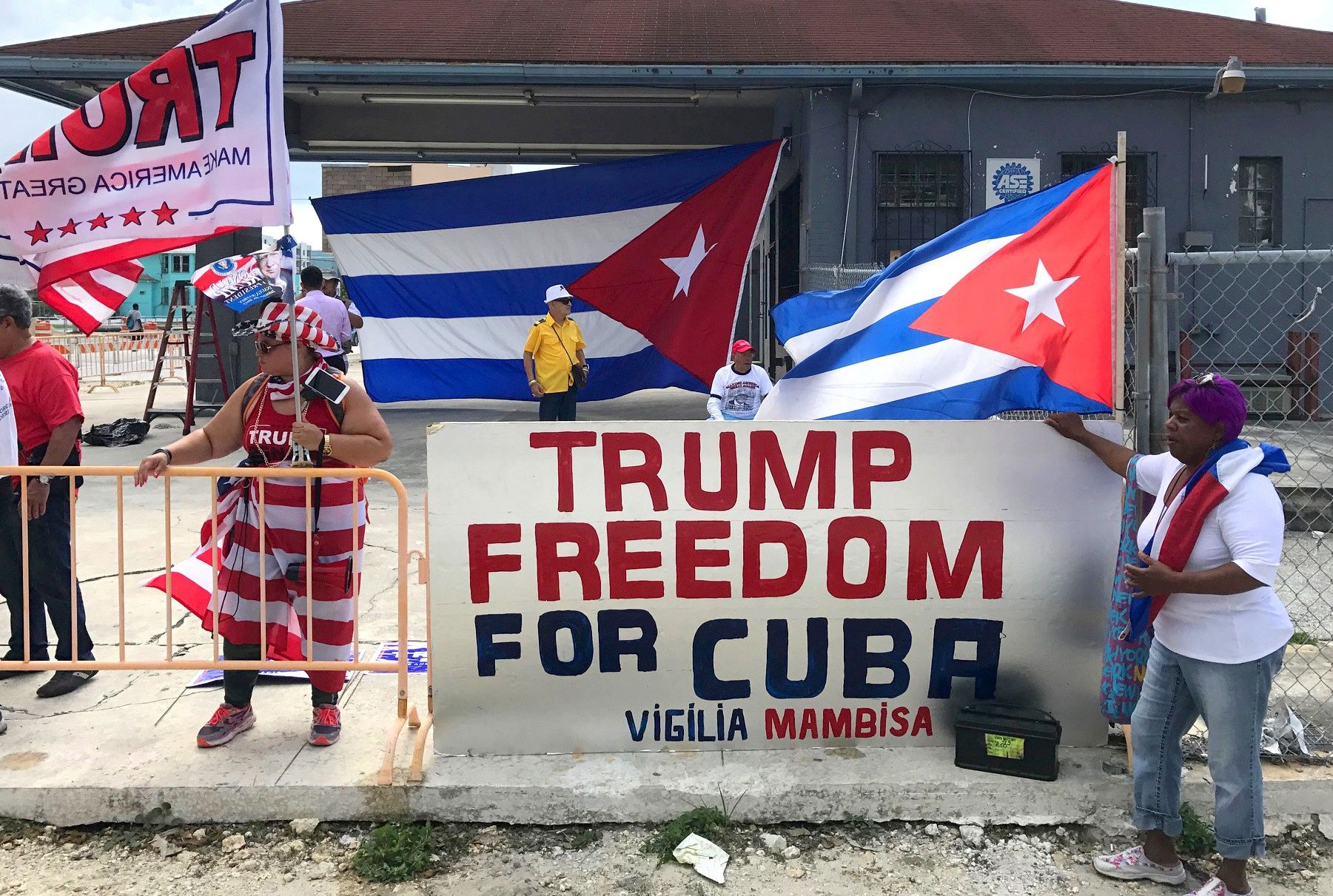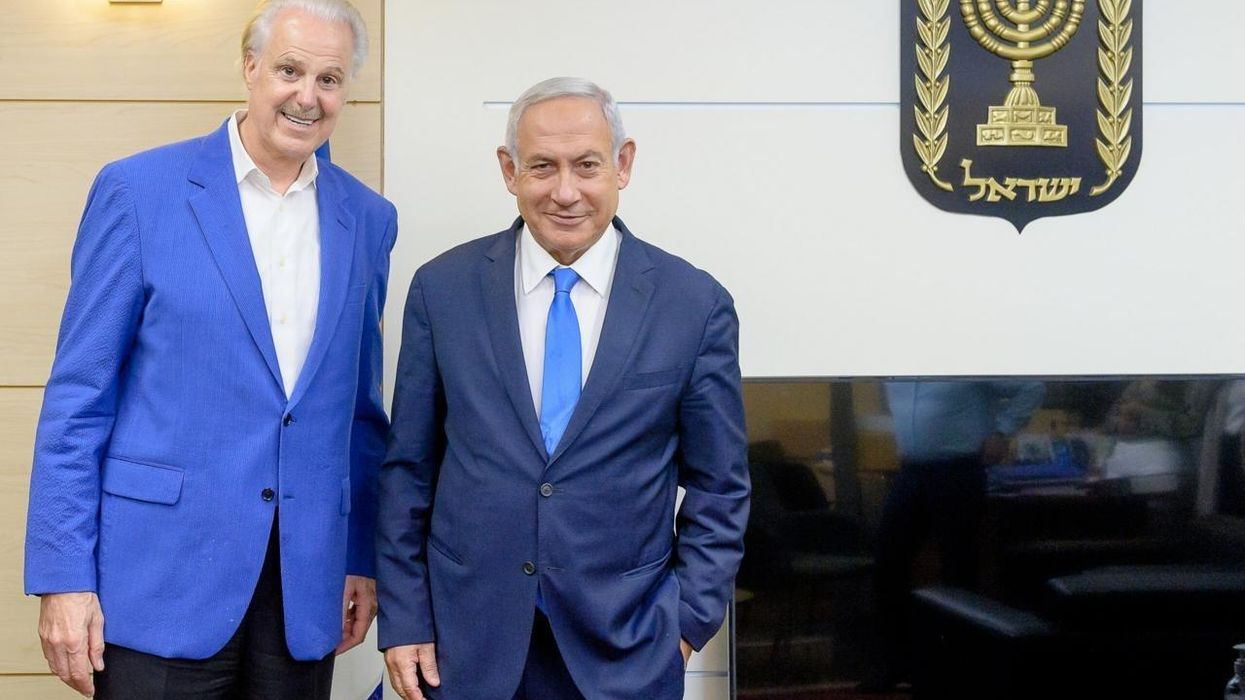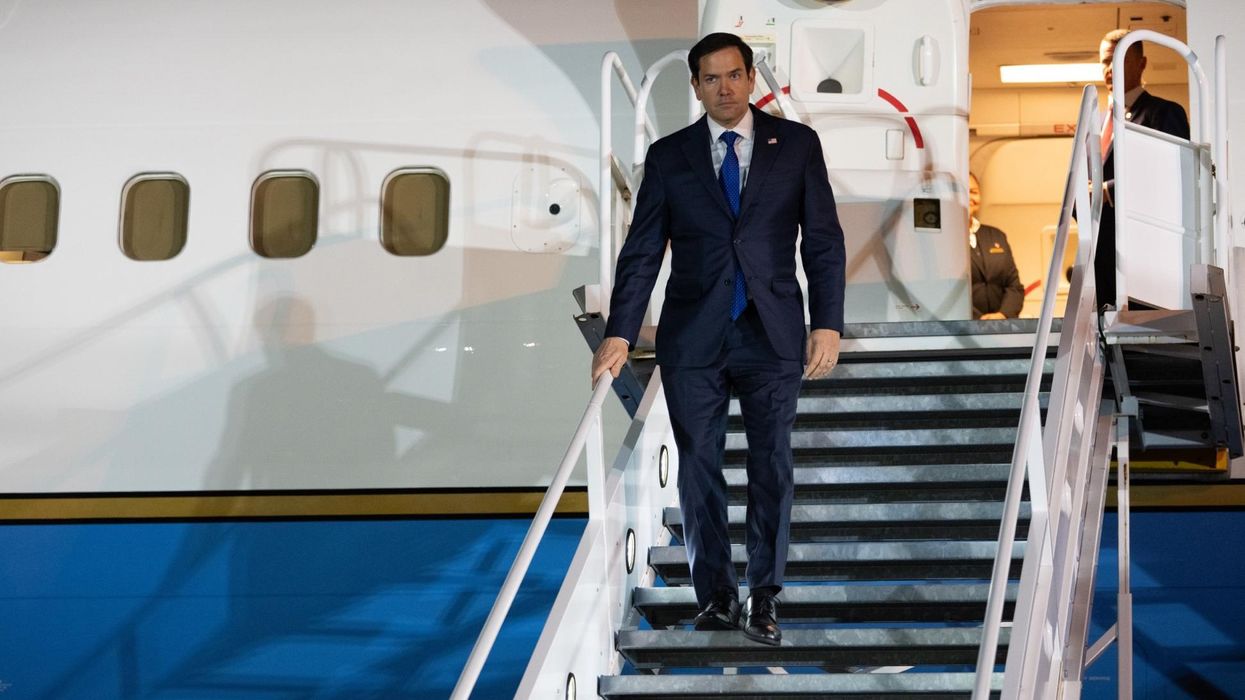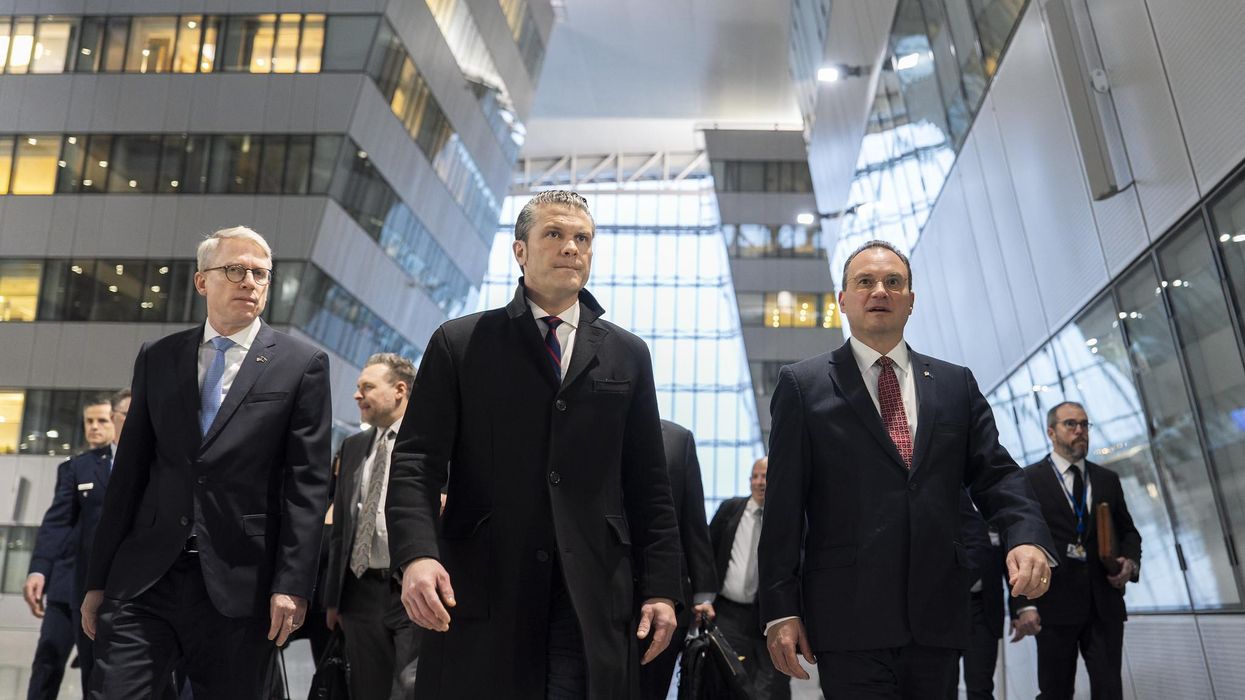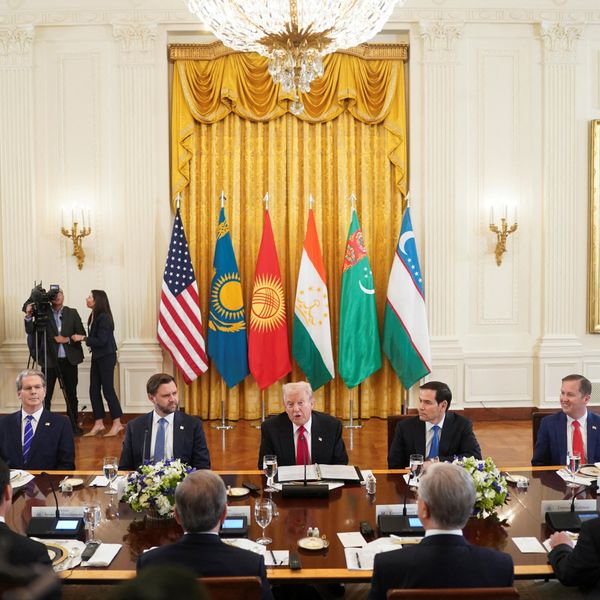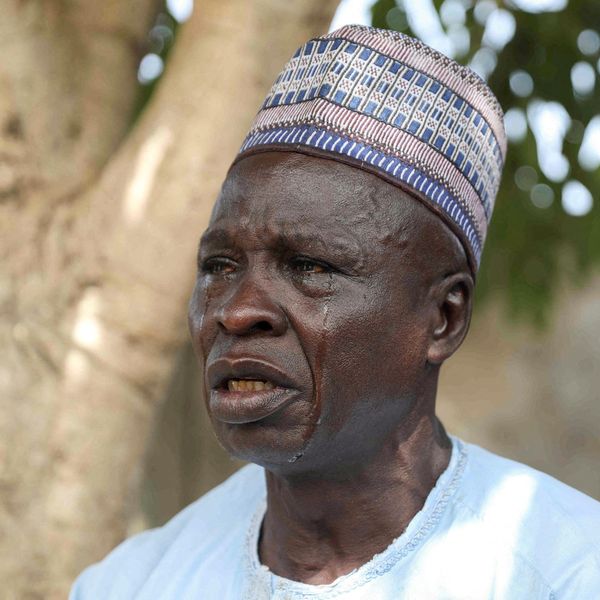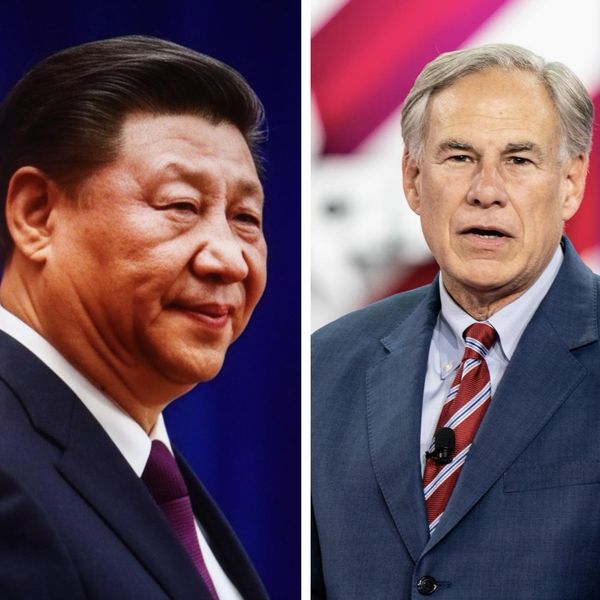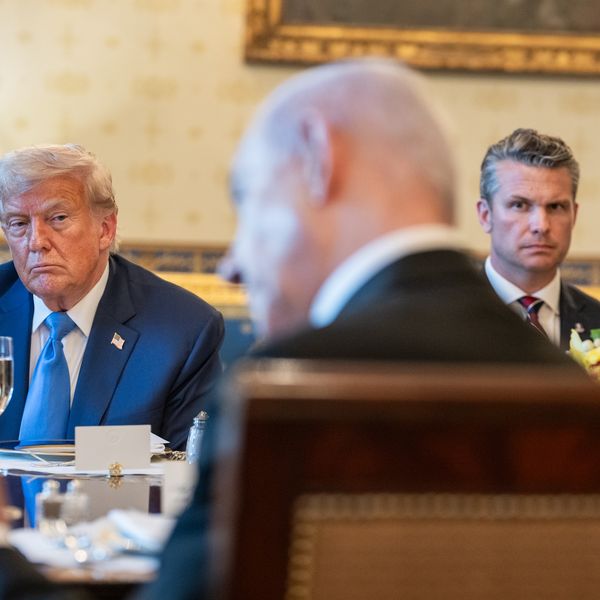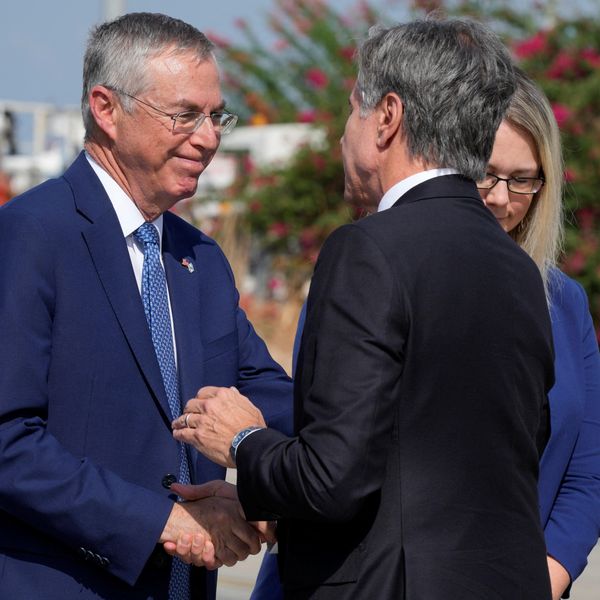Campaigning for president in 2020, Joe Biden promised to resume Barack Obama’s policy of normalizing relations with Cuba “in large part.” But Democrats lost big in Florida, partly because Cuban American voters made a sharp turn to the right. That setback made the Biden White House reluctant to reverse the draconian economic sanctions Donald Trump imposed on the island, despite a mounting humanitarian crisis.
As foreign policy, the results have been counter-productive. The Trump-Biden sanctions have catalyzed the largest migration crisis since 1959, with nearly 500,000 Cubans arriving in the United States in the past two years. The sanctions have angered Latin American and European allies, driven Cuba closer to U.S. global rivals Russia and China, and done nothing to improve human rights or the prospects for a democratic opening. Such are the consequences of foreign policy becoming a domestic political football.
Sixteen elections and counting
As I outline in a new brief for the Quincy Institute, few countries have figured as prominently in U.S. elections over the years as Cuba. From the first campaign after the 1959 triumph of the revolution to the 2020 contest, candidates have raised the issue either to criticize their opponent for being soft on foreign policy, or to appeal to Cuban American voters in the battleground state of Florida. In election years, sitting presidents have frequently tightened sanctions or backed away from diplomatic engagement to boost their party’s electoral prospects:
- In 1960, Dwight D. Eisenhower imposed the first trade sanctions on Cuba, urged on by Richard Nixon;
- In 1964, Lyndon Johnson abandoned John F. Kennedy’s incipient dialogue with Havana, and successfully pressured the Organization of American States to adopt mandatory sanctions;
- In 1976, Gerald Ford halted Henry Kissinger’s normalization negotiations when Ronald Reagan attacked the talks as appeasement;
- In 1980, Jimmy Carter back away from normalization when Zbigniew Brzezinski convinced him that it made him look soft;
- In 1992, George H. W. Bush signed the Cuban Democracy Act after Bill Clinton endorsed it.
- In 1996, Clinton signed the Cuban Liberty and Democratic Solidarity Act (Helms-Burton) at the urging of White House political advisers;
- In 2004, George W. Bush imposed limits on travel and family remittances to defuse criticism from Cuban American hard-liners;
- In 2020, Donald Trump did the same in hopes of mobilizing the same Cuban American constituency.
In campaigns from the 1960s to the 1980s, Cuba was framed as a proxy for the Soviet Union, and a tough policy toward Cuba was seen as the hallmark of a strong foreign policy generally. No national politician wanted to be branded “soft on Cuba.” The collapse of the Soviet Union and end of the Cold War coincided with the emergence of Cuban Americans as a significant voting bloc, shifting how U.S. presidential candidates dealt with the issue. Instead of focusing Cuba as a national security issue, candidates from the 1990s onward appealed to Cuban American voters on issues of democracy and human rights.
Before 1992, Democrats saw Florida as solidly Republican, but Bill Clinton aimed to compete there by appealing to Cuban Americans with a Cuba policy tougher than George H. W. Bush’s. Although Clinton did not carry Florida in 1992, he did in 1996, establishing Florida as a battleground state. Al Gore’s narrow loss in 2000 after Clinton’s Justice Department returned six-year old Elián González to his father in Cuba convinced Democrats that Cuba was the third rail of Florida politics.
Obama broke with this conventional wisdom in 2008 by appealing to moderate Cuban Americans with a policy of engagement. To the surprise of many, he won half the Cuban American vote in 2012, setting the stage for his dramatic decision to normalize relations with Havana in 2014. Then Trump, in a bid to mobilize Cuban American conservatives, turned back the clock, undoing most of what Obama had achieved. A shift to the right in Cuban American opinion in response to Trump’s leadership and a new wave of disaffected immigrants reconfigured politics in south Florida, once again triggering Democrats’ fear of Florida.
Biden has responded with a bizarre hybrid policy, relaxing some of Trump’s sanctions but leaving most in place—an impossible compromise between Obama’s policy of coexistence and Trump’s policy of regime change. The administration’s watchword has been to be “tough on the regime” while “supporting the Cuban people” — as if it were possible to bankrupt the government without immiserating the population.
The electoral landscape
Most of the electoral map of the United States is pre-determined. In 2020, there were only eight states in which the winner’s margin of victory was less than 5 percentage points, totaling 123 electoral votes. Apart from these battleground states, Democrats begin the race likely to win 226 of the 270 electoral votes needed for majority; Republicans begin with 187. To win the election, Republicans have to win more than two-thirds of the electoral votes in the battlegrounds. Florida’s importance is magnified by its size. If Republicans lose Florida’s 29 electoral votes, they can only afford to lose one other small swing state.
This is why Republicans see Florida as a must-win state and Democrats continue to contest it, despite their flagging prospects there. Ironically, despite the intensity with which both parties have focused on the state for the past 30 years, Florida has rarely been decisive in determining who wins the White House. Since 1960, Florida’s electoral votes have made the difference only twice — in 2000 (the infamous Bush v. Gore contest), and 2004. Moreover, Cuban Americans have rarely decided the outcome in Florida. Prior to 1992, there were so few Cuban American voters that the margins of victory in the presidential election were frequently larger than the entire Cuban American electorate. Since then, Florida elections have been close enough that Cuban Americans could claim to have provided the decisive margin in just three contests: 1992, 2000, and 2012. In short, in 16 U.S. elections since Fidel Castro rode into Havana in 1959, there has been only a single occasion when Cuban American votes decided Florida and Florida decided the presidency: 2000.
The national interest
A Cuba policy that serves the national interests of the United States rather than the parochial interests of conservative Cuban Americans in Miami, or the political fortunes of would-be presidents, would start by acknowledging that the policy of hostility is not going to depose the Cuban government — something that ought to be self-evident after 65 years of trying in vain. A realist approach would identify and build on common interests, while managing areas of disagreement like human rights. In the field of national security, the United States and Cuba share a common interest in combatting transnational crime — narcotics, human trafficking, and terrorism — and on a wide range of other issues as well — transnational problems that near-neighbors have to tackle together, like environmental protection, the impacts of climate change and public health. Finally, the United States and Cuba have deep cultural ties that have grown more profound as the Cuban American diaspora has expanded.
In 2024, a policy like this seems a bridge too far, but during the last two years of the Obama presidency, the United States took the first steps down this path. The progress made in just 24 months was substantial, though not without its setbacks. Asked what made Obama’s dramatic break with past possible after so many decades of hostility, Ben Rhodes, who led the U.S. negotiating team, gave a surprisingly simple answer: leadership and political will. The normalization of relations with Cuba happened, he said, because it was something the president was determined to do.
For a deeper dive into how the electoral ambitions of U.S. politicians have shaped policy toward Cuba from 1960 to 2024, see Professor LeoGrande’s new Quincy Institute paper, Cuba’s Role in U.S. Presidential Elections.

